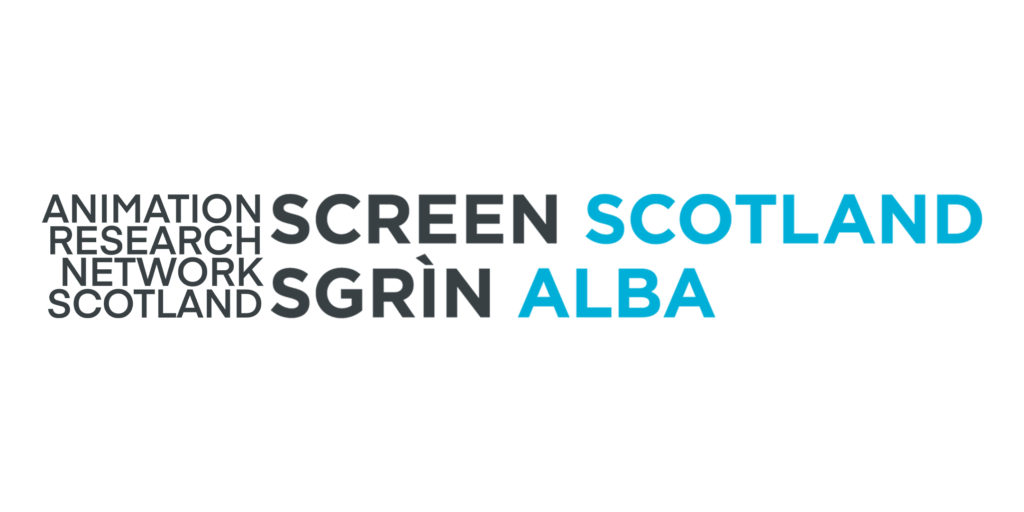Animation Research Network Scotland (ARNS) and Screen Scotland are initiating the “Animation Education – a pedagogy framework” project to examine the current climate of animation specific education within the arts curriculum. It is intended to create guidance documents to support educators in improving film (& animation-specific) literacy.
This is a great opportunity to have a say in the development of animation education, gain useful resources, and share good practice that we hope will lead to a sustained network for mutual support and practical benefit in delivering animation education
Primary and Secondary Art and English teachers with experience of, or interest in, teaching animation are invited to participate in a series of workshops which will help to design guidance for teaching animation literacy within art and design. This will be produced for the wider education sector, involving primary school, secondary school, and access to education.
Working with animation education specialists, and involving guests from FE & HE, events in Edinburgh, the first online, but subsequently in person, are envisaged in the autumn and new year for each cohort (exact dates TBC). The first (online October 29th 2021) will scope and assess the thoughts, concerns and needs of potential users, informing the content of subsequent workshops. These will involve short animation exercises using a variety of easy to use and access methods, and discussion of these exercises will feed into the writing of documentation and a proposed model of guidance, physical places at these subsequent workshops may be limited, but we are looking at the possibility of an asynchronous online access option. Exact number of physical places at subsequent workshops will be confirmed at the first event.
Our own internal drivers are that the structure of projects we end up with, and the practical workshops we deliver are distinguished by these characteristics:
- Immediate. Animation is a notoriously slow process, pupils are not notoriously patient.
- Economic. We want practical tuition of animation skills to be easily affordable for cash strapped departments.
- Hybrid. Not in terms of learning delivery, but in terms of the analogue/digital divide in animation production methods. Animators make animation, not computers, digital technologies can be very helpful, but ultimately, if you put someone who can’t draw in front of a computer what you end up with is a very expensive bad drawing. We hope to be able to map similarities of method and approach so that teachers can help pupils develop skills that are universally applicable in animation, and laterally useful to boot.
- Connected. Animation about animation can be pretty dull, and there are only so many Anime inspired ninjas and unicorns that I can see before fatigue sets in, so we hope to offer information about the ways in which animation can support other aspects of the pupils’ curriculum, data visualisation, animated documentary, animated explainers etc. Ultimately we would like your pupils to perceive animation as a useful tool as well as an entertaining consumable.
- Sustainable. We also want to include information about viable animation careers for pupils so that teachers can support student ambitions ambition that may at first seem unrealistic. Insurance companies are hiring animators these days, and through the pandemic the Animation sector has seen significant growth compared to other creative industry sectors.
Thanks to funding from Creative Scotland there is a small budget to provide an honorarium for attendance at all of the workshops. Lunch and refreshments will also be provided at the workshops.
Please complete this FORM to indicate your interest before 22/10/2021; queries can be directed to animationresearch@ed.ac.uk.


